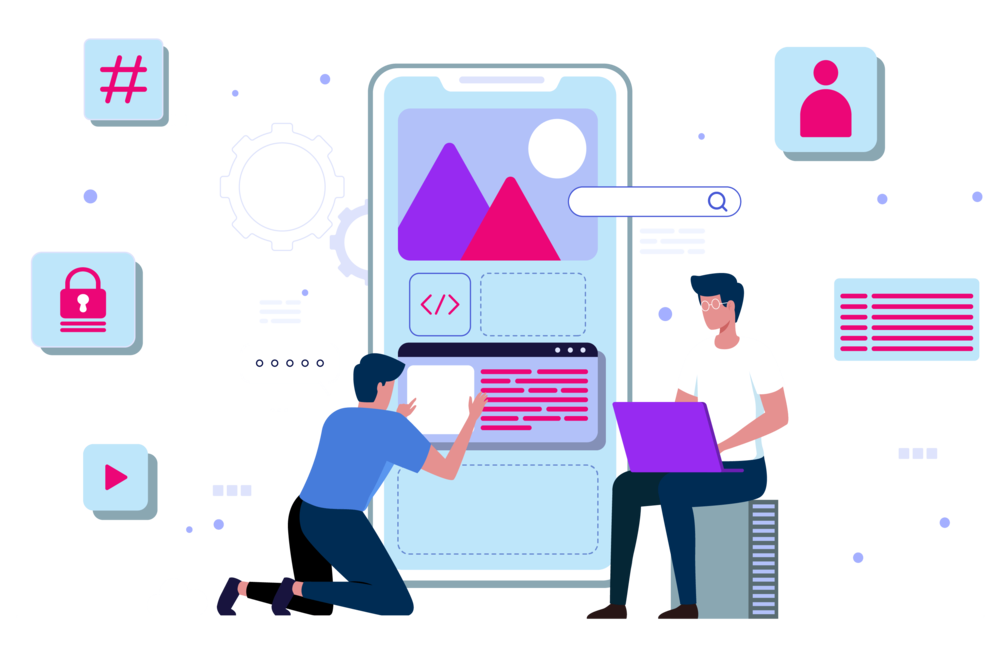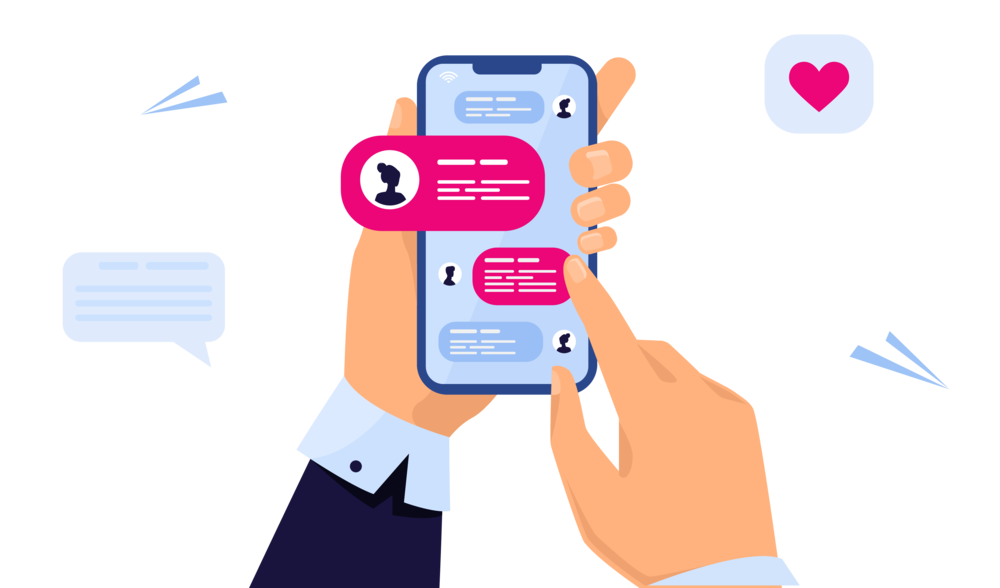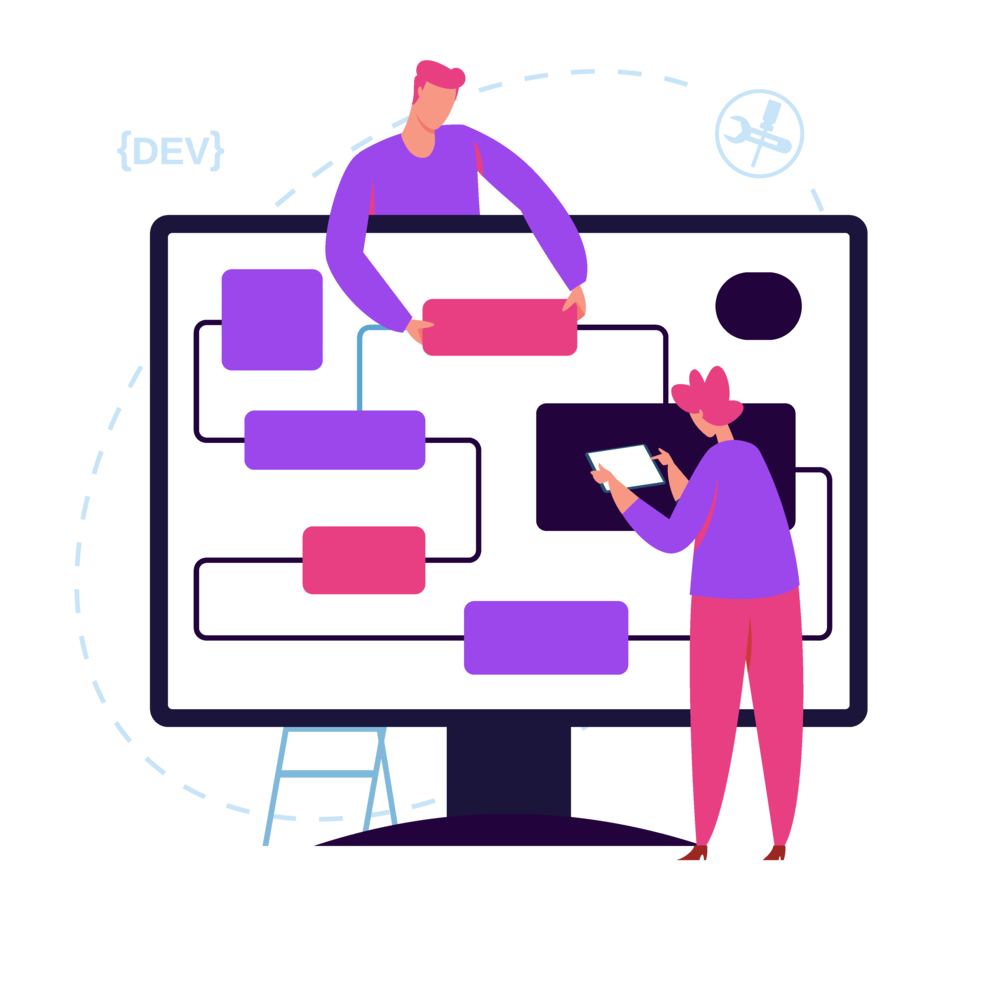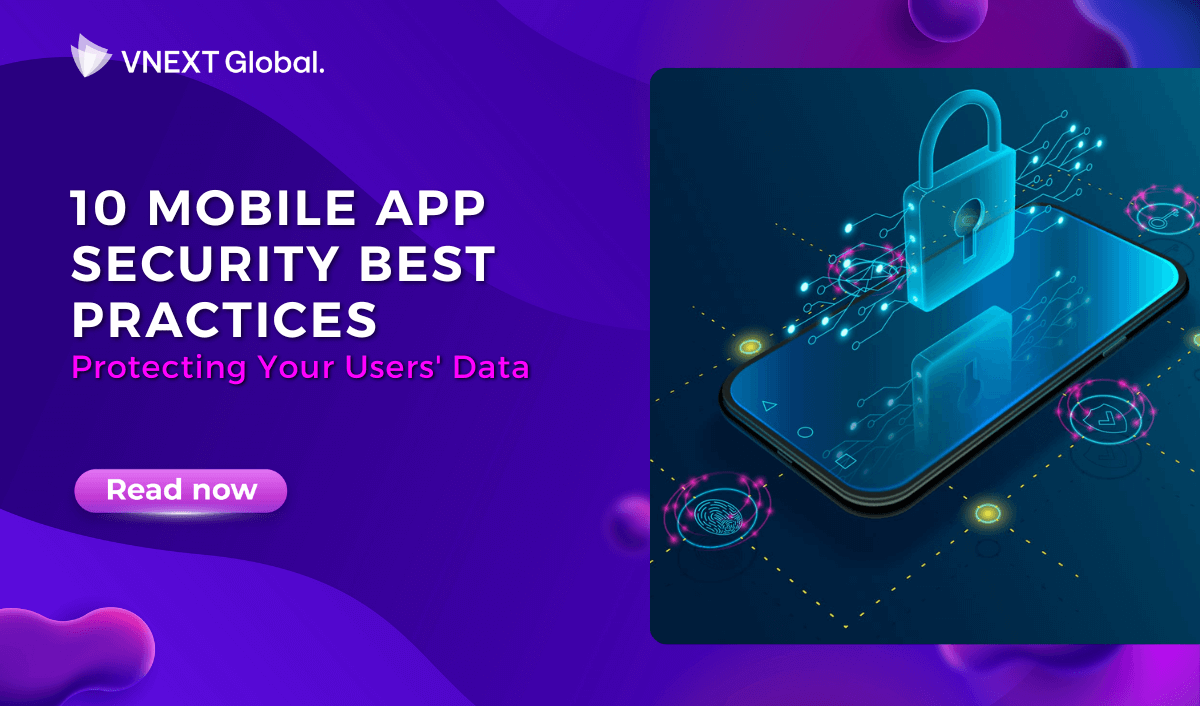10 Mobile App Security Best Practices: Protecting Your Users' Data
With the proliferation of mobile apps in the modern world, ensuring their security has become a critical imperative. As users increasingly rely on mobile apps for various activities, including banking, shopping, and social interactions, safeguarding their sensitive data from cyber threats has never been more important.
According to a report by McAfee, there were approximately 218 billion mobile app downloads worldwide in 2020, emphasizing the indispensable part of mobile apps in our lives. However, this widespread adoption also attracts malicious actors who seek to exploit vulnerabilities within these apps. Therefore, implementing robust mobile app security practices is paramount to protect user data and maintain their trust. In this article, we will focus on 10 best practices of mobile app security, which may help businesses strengthen their data security fence.
1. Secure Coding Practices:
The foundation of any secure mobile app lies in implementing robust coding practices. By following secure coding guidelines, developers can prevent common vulnerabilities such as injection attacks and cross-site scripting (XSS). According to OWASP's Top 10 Mobile Risks 2016, insecure coding practices were responsible for 41% of mobile app vulnerabilities reported.
In fact, mobile app code vulnerabilities can cause damaging consequences. For example, the Equifax data breach in 2017, affecting 147 million people, was a result of a vulnerability in their mobile app's code. Attackers exploited this flaw to gain unauthorized access to sensitive customer information.

2. Encryption:
Implementing end-to-end encryption for data transmission and storage is vital to protect sensitive information from interception or unauthorized access. Encryption ensures that even if data is intercepted, it remains unreadable. A report by the Ponemon Institute in 2020 revealed that 70% of organizations experienced a data breach due to improperly encrypted data.
The WhatsApp data breach in 2019 exposed the personal data of 1.5 billion users. The breach occurred due to a vulnerability in the app's encryption, allowing attackers to install spyware on users' devices.
3. User Authentication:
Implementing strong user authentication mechanisms adds an extra layer of security to mobile apps. Multi-factor authentication (MFA), biometric authentication, or strong passwords can help prevent unauthorized access to user accounts. According to Verizon's 2021 Mobile Security Index, compromised credentials were responsible for 61% of data breaches involving mobile devices.
For instance, the MyFitnessPal data breach in 2018 compromised 150 million user accounts. Weak user authentication mechanisms allowed hackers to gain unauthorized access to users' personal information.
4. Secure Data Storage:
Securely storing user data on the device is crucial to protect sensitive information even if the device is lost or stolen. Mobile platforms offer secure storage APIs that developers should leverage. Storing sensitive information like passwords or encryption keys in plain text is a severe security risk. In 2020, 43% of mobile applications had insecure data storage, as reported by Positive Technologies.
The Ashley Madison data breach in 2015 exposed the personal details of 32 million users. The breach occurred due to inadequate data storage practices, allowing attackers to easily access and publish sensitive information.

5. Secure Network Communication:
Utilizing secure communication protocols, such as HTTPS, for data transmission between the app and server is crucial. Implementing certificate pinning ensures the integrity of server certificates and protects against man-in-the-middle attacks. A study by Symantec revealed that 93% of mobile apps have implemented inadequate security measures for network communication.
The Starbucks mobile app vulnerability in 2014 allowed attackers to intercept and modify communication between the app and the server. This allowed them to gain access to users' personal information and payment details.
6. Regular Updates and Patching:
Keeping mobile apps up-to-date with the latest security patches and bug fixes is essential. Promptly addressing identified vulnerabilities and releasing updates helps mitigate potential security risks. According to Arxan's State of Application Security Report 2020, 60% of mobile apps had unpatched vulnerabilities, making them susceptible to attacks.
The Struts vulnerability in 2017 affected multiple organizations, including Equifax. Failure to patch the vulnerability promptly led to a massive data breach, exposing the sensitive information of millions of individuals.
7. Secure Offline Storage:
If your mobile app allows offline data storage, it is crucial to ensure that sensitive information stored locally is encrypted and protected. Techniques such as data encryption, obfuscation, or secure containers can prevent unauthorized access to offline data. According to a study by Positive Technologies, 38% of mobile apps had vulnerabilities related to offline data storage.
The Telegram Messenger app vulnerability in 2020 allowed attackers to access and decrypt users' encrypted messages stored on the device, compromising their privacy and confidentiality.
8. Session Management:
Implementing secure session management techniques is essential to protect against session hijacking and fixation attacks. Session timeouts, secure session token handling, and user re-authentication for sensitive actions are effective measures. According to OWASP's Top 10 Mobile Risks 2016, inadequate session management accounted for 29% of mobile app vulnerabilities.
The OAuth vulnerability in the LinkedIn mobile app in 2019 enabled attackers to bypass session management controls, leading to unauthorized access to user accounts and sensitive information.
9. App Permissions:
Following the principle of least privilege when requesting user permissions is crucial. Only request the permissions necessary for the app's functionality and clearly explain to users why each permission is required. According to a report by Trend Micro, 68% of Android apps request permissions that are unnecessary for their core functionality.
The Facebook-Cambridge Analytica scandal in 2018 involved the misuse of user data obtained through a third-party app. Inadequate permission controls allowed the app to collect vast amounts of user data without explicit consent.
10. Secure Code Review and Penetration Testing:
Regular code reviews and penetration testing help identify and address security vulnerabilities in mobile apps. Automated tools and manual testing techniques should be used to ensure the app's security posture. According to Veracode's State of Software Security Report 2021, mobile apps had a higher prevalence of security vulnerabilities compared to web applications.

Final Thoughts:
Mobile app security is of paramount importance in an increasingly connected world. By implementing the 10 best practices mentioned above, developers can significantly enhance the security of their mobile apps and protect user data from potential threats. Once you understand the necessity of implementing cybersecurity best practices for your mobile app, you should immediately take action.
By following the principle of least privilege, respecting app permissions, and conducting regular code reviews and penetration testing, developers can ensure the robustness of their mobile apps against security vulnerabilities and potential breaches. Ultimately, prioritizing mobile app security helps maintain user trust and safeguards their valuable data.
If you are looking for a trusted IT partner, VNEXT Global is the ideal choice. With 14+ years of experience, we surely can help you to optimize your business digitalization within a small budget and short time. Currently, we have 400+ IT consultants and developers in Mobile App, Web App, System Development, Blockchain Development and Testing Services. We have provided solutions to 600+ projects in several industries for clients worldwide. We are willing to become a companion on your way to success. Please tell us when is convenient for you to have an online meeting to discuss this further. Have a nice day!












